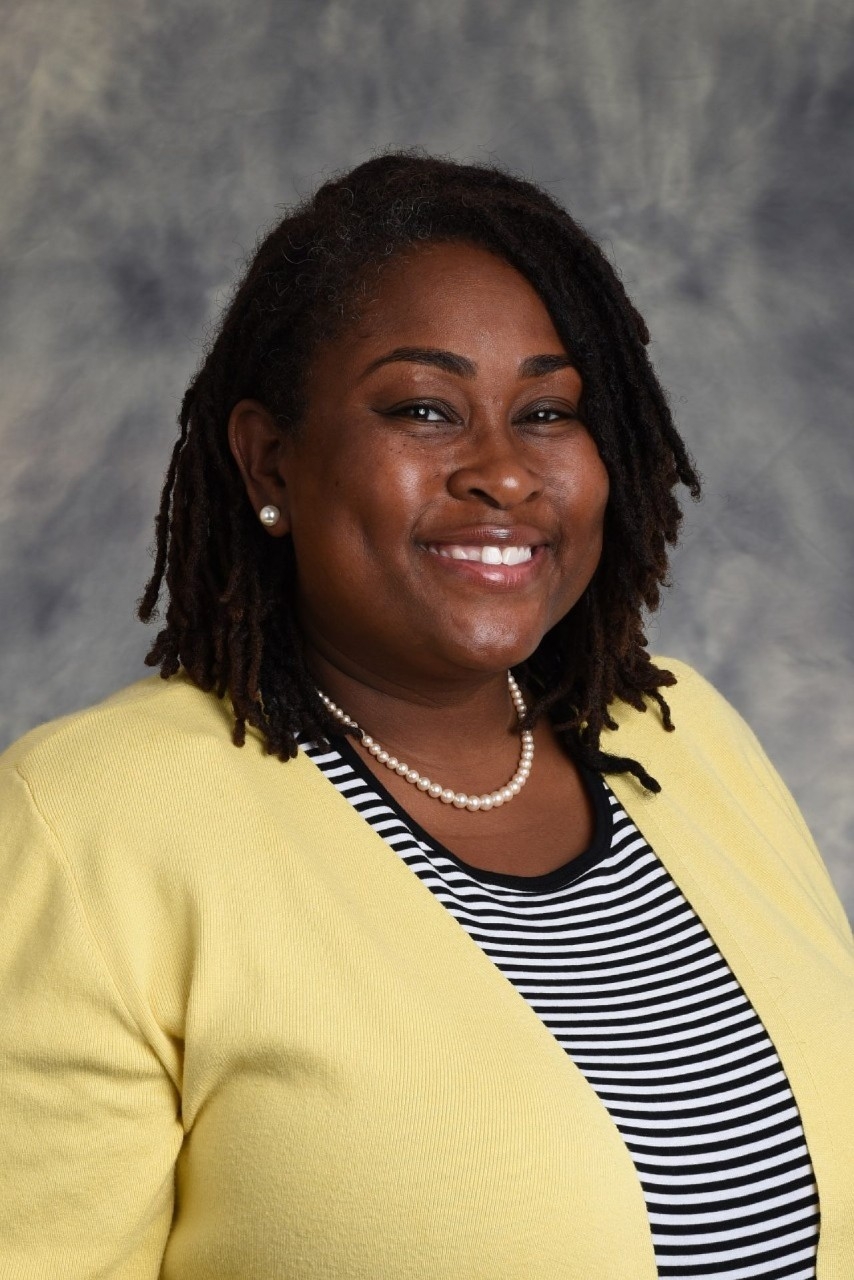Now an assistant professor at NKU, Wiley is able to provide that same mentorship and inspiration to students aspiring to enter her field.
“I always said that if I ever get the opportunity to work here in a full-time faculty role, I want an opportunity to really help the future social workers in the program,” she says. “I was able to do it as an adjunct starting a few years before I came on full time last year as an Assistant Professor in the School of Social Work."
Wiley has also been recognized for her leadership outside of the classroom. On Dec. 15, 2022, she received two
Outstanding Service to the NASW awards from the National Association of Social Workers’ Ohio chapter—the first for her work within the Cincinnati region and the second for statewide efforts. Wiley chaired the NASW’s committee for associate degree student engagement, assembling a team to help influence associate’s degree level social workers to become members of the organization.
“I felt that social workers on every level should have an opportunity to be connected with other social workers for networking and professional development,” Wiley says. “I created a pipeline of membership opportunities for people who are receiving associate's degrees in social services, as well as human services.”
According to Wiley, the NASW has helped her to advance in her own career by providing connections with peers in the industry, as well as advocates and politicians who share her interest in supporting efforts for mental and maternal health, the well-being of children in foster care and the stability of people living in poverty. She considers the organization both a resource for navigating the field of social work and means of organizing to fight against oppression and other social justice issues.
In August 2022, Wiley helped expand NKU’s Help A Norse initiative, a program established to refer students in need to proper channels of support. Partnering with the Northern Kentucky Community Action Commission (NCAC), Wiley was able to expand Help A Norse beyond the University’s scope of services, connecting students with emergency financial assistance, housing assistance and health benefit enrollment.
“In one of my courses, which is about community organization, I wanted my students to have real life experience looking at the lives of their neighbors in Northern Kentucky to see the needs of their community,” she says. “The book that we used was the actual needs assessment created by the Community Action Commission, so those are real numbers in real time. The class was wonderful, but I thought to myself that maybe the Community Action Commission could go a little bit beyond just being a part of my class and form a possible partnership, and they were on board. They come to the campus twice a month for free and provide case management services for students.”
Wiley also worked with a student intern, former NKU SGA president Aliya Cannon, to create a
resource database for the Help A Norse website.
“For instance, if people need eyeglasses, they can look up St. Vincent De Paul and apply for free glasses and an eye exam,” Wiley says. “Now, they can do that through the Help a Norse website by going to the community resource guide. In the coordinated care model, what we also know is that a big component of the model is connecting to the community. We wanted to make sure that we were able to have a community partner that will be able to handle the demands of our campus and what our students may need outside of our scope of the practice of education.”
After receiving her associate’s, bachelor’s and master’s degrees at the University of Cincinnati, Wiley came to NKU in 2017, where she pursued an EdD in educational leadership.
“People ask, ‘Why did you get a doctorate in education?’ Because I wanted to marry the fields of education and social work,” Wiley says. “I believe that the social system’s perspective of treating the whole student is important in higher education or any kind of educational institution.”
Her current research interests include women’s self-care, access for marginalized populations and preventing burnout within the field of social work. As a professor, she most enjoys teaching Inclusion, Oppression & Social Work and Contemporary Social Welfare Policy.
“I'm all about policy, because I believe that if we don't understand policy on the macro level, we’ll never understand what groups of people are dealing with on the mezzo and micro levels,” Wiley says.
The part of her job she finds the most rewarding is making an impact on the lives of students, just as Bonita Campbell did for her.
“I love being there when the lightbulb comes on for my students,” Wiley says. “When they find their voices, they’re strong in their research or they’re confident in their analysis, that is what I love to see. That is what I live for!”
